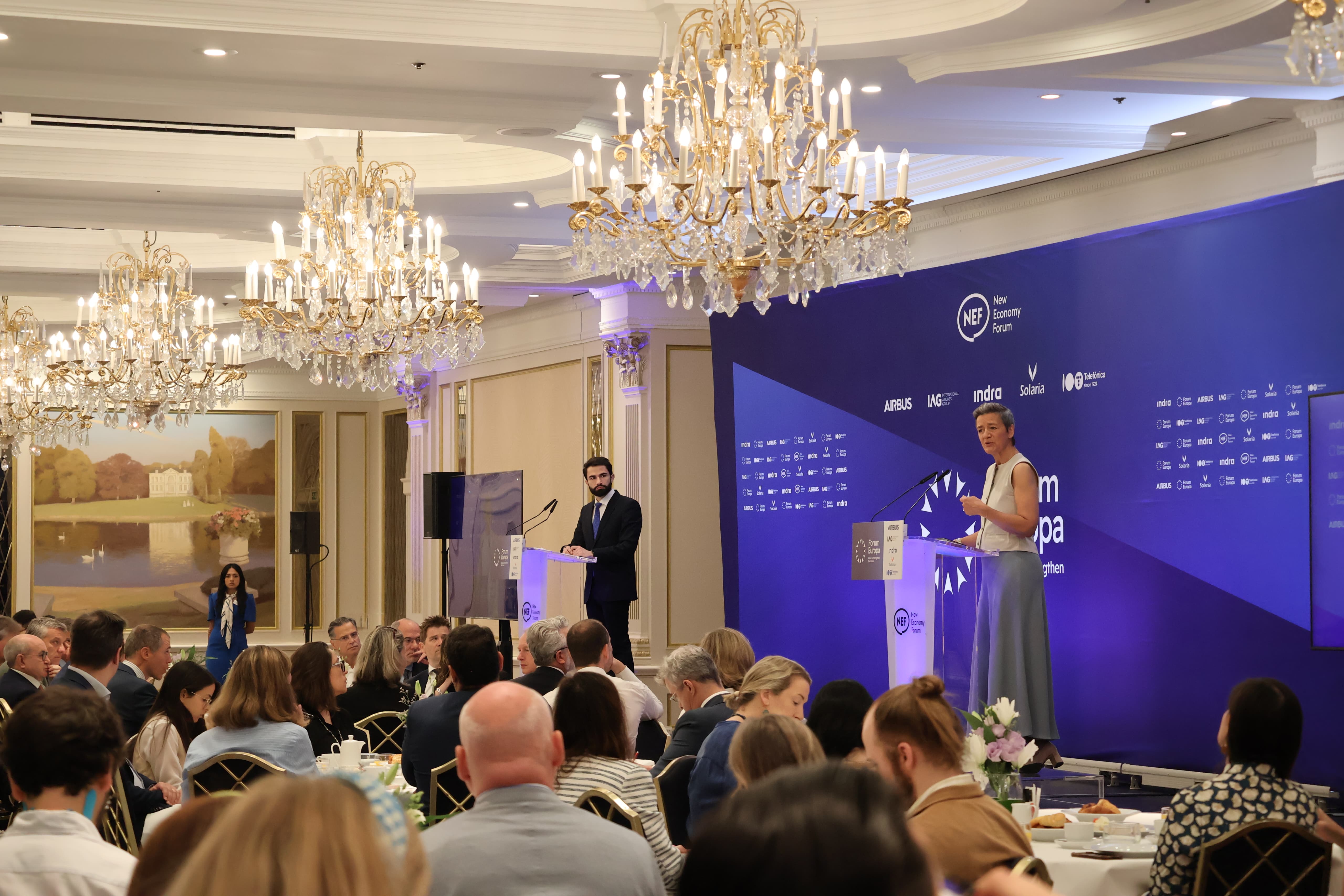The European Commission's Executive Vice-President for a Europe fit for the Digital Age and Commissioner for Competition, Margrethe Vestager, used the paradox of Schrödinger's cat, one of the principles of quantum physics, to explain the reason, in her view, behind the rise of populist forces in the latest European elections, at the Forum Europa in Brussels on Thursday.
In her speech at this event organised by the New Economy Forum in the EU capital, Vestager argued that the vote for the ultra formations occurs because "it is easier to think about opposing things than to accept the paradoxes that occur". "We live in a complex world, a world of paradoxes and sometimes it is really difficult to think about them," she added.
Schrödinger's paradox is that if you put a cat in a sealed box with a vial of poison in it, the animal is both alive and dead until you open the box to check it because it depends on whether or not the vial breaks.
"Both hypotheses are equally possible but the minute someone opens the box one of the hypotheses disappears," said Vestager, adding that "it is really puzzling this idea that the cat can be both alive and dead".
She compared populist ideas to opening the box "because in these polarised times it sounds good to oppose" and you have to have a single position. "It's them and us and that's very catchy for the headlines of the last few days", he said.
However, she argued that "what happens" is that this single viewpoint "is incomplete, it is inevitably biased", which is why she advocated "doing everything possible to put aside opposition and embrace paradox".
"We have to resist the temptation to open the box because it is better not to know and train how to deal with paradoxes than to have the knowledge, because as long as the box is closed all options are equally real and everything remains possible", she continued.
In contrast, she concluded that "when the boxes are open we move to opposition because there can only be one option and that, of course, is simpler and puts us in a comfort zone. But I am deeply convinced that in this world we live in, based on the last 10 years of work in the European Union, we must be ready and willing to accept complexity as citizens, as voters, as legislators, because no policy works if it is not enforced".







